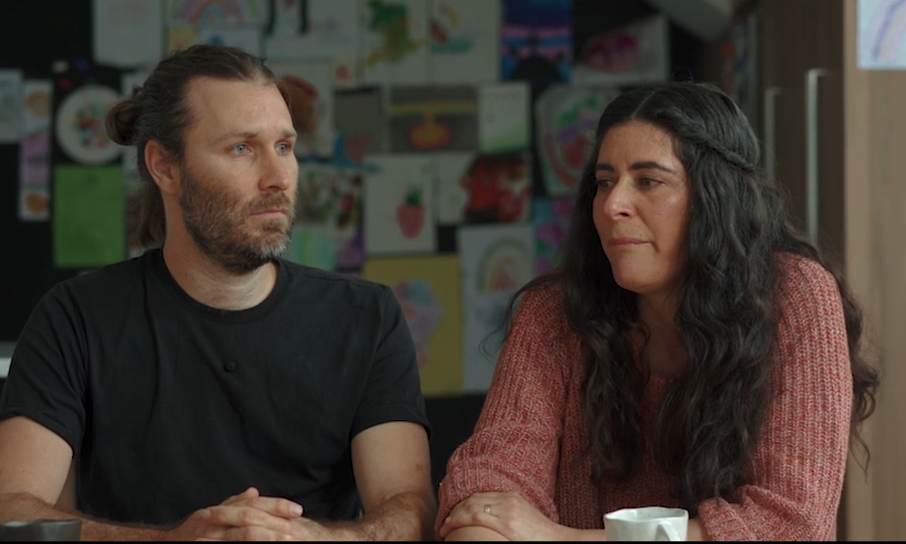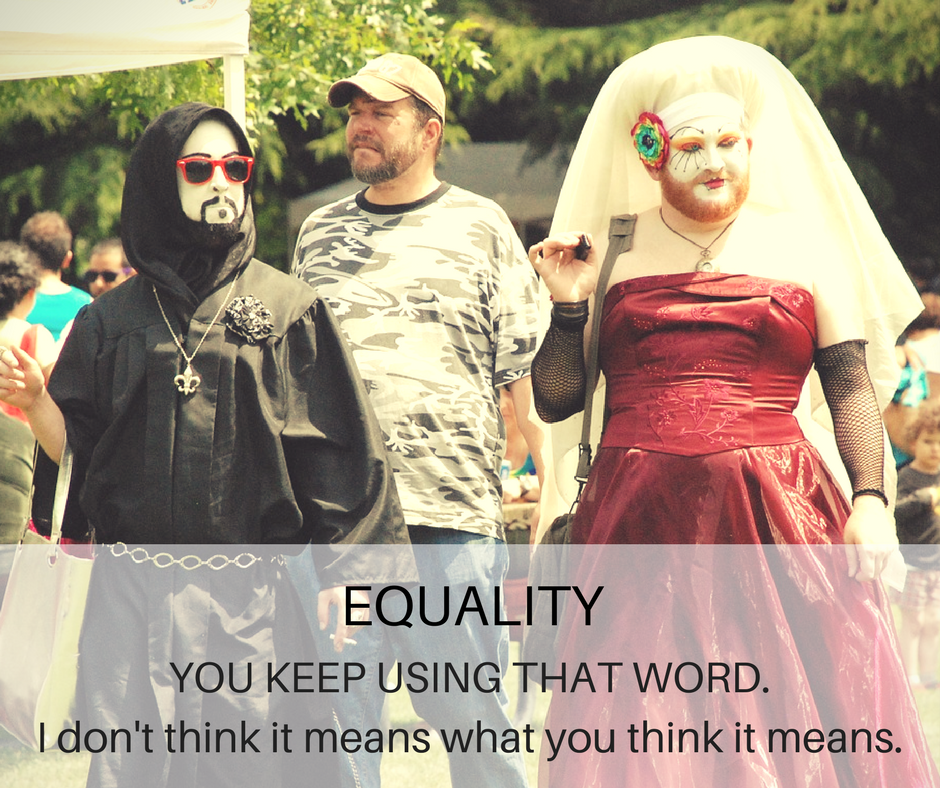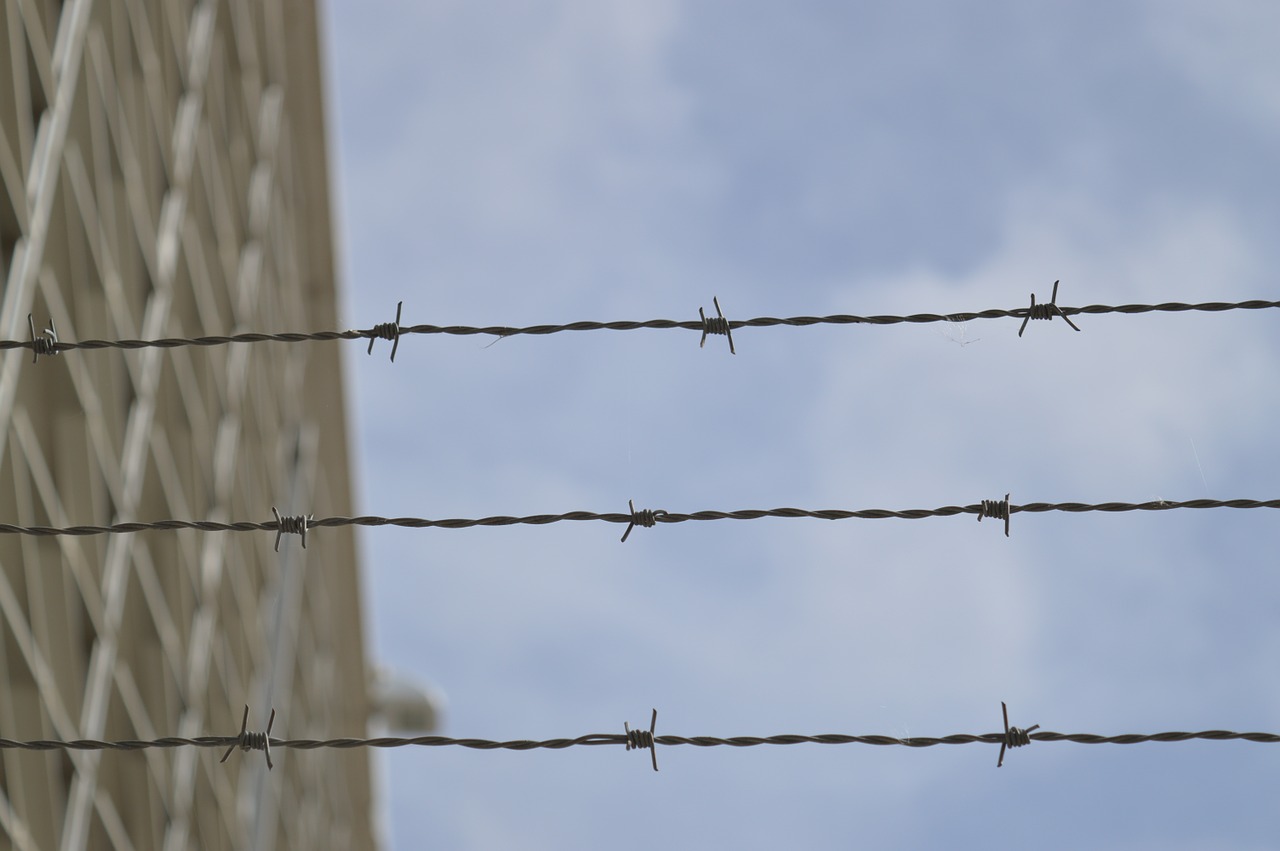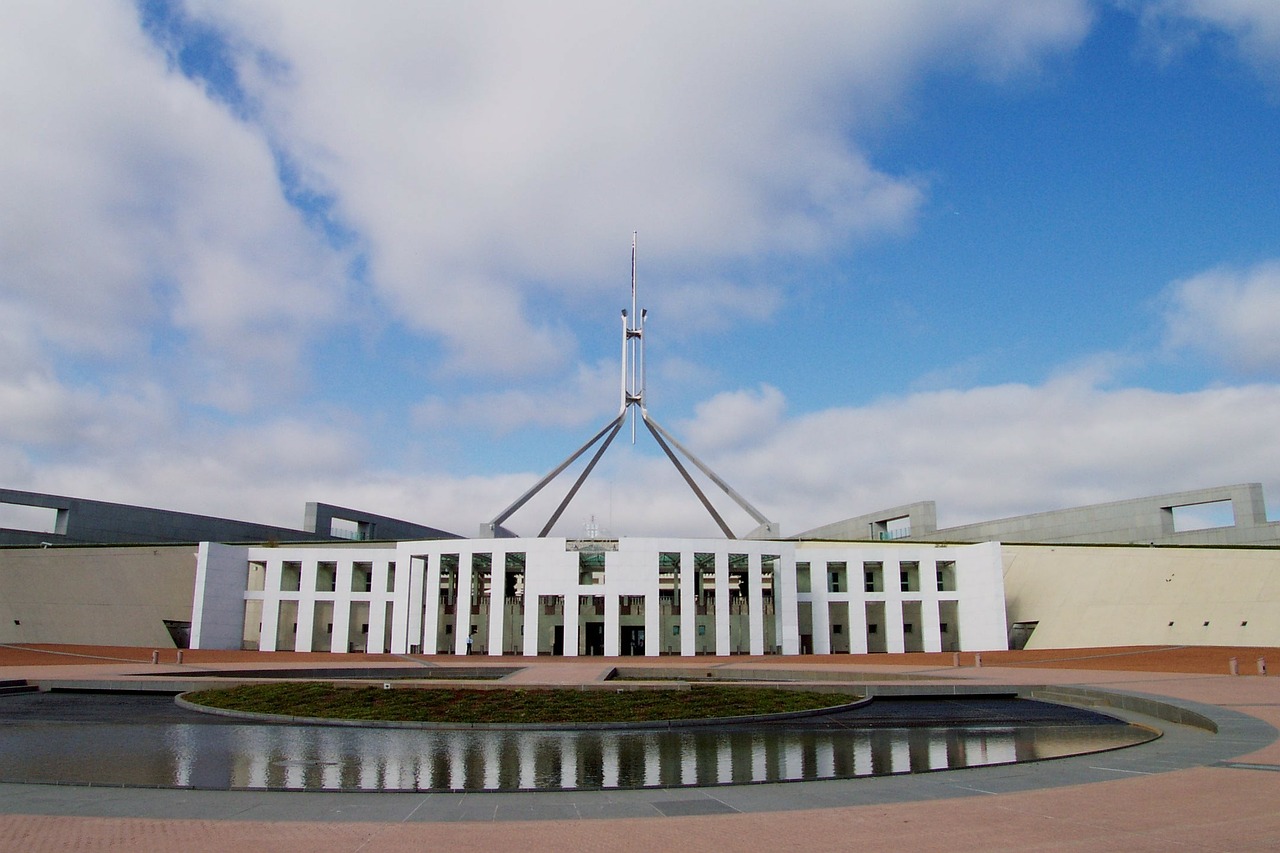Displaying items by tag: plebiscite
12 More Consequences of Redefining Marriage
Just over a year ago, during Australia's debate about changing the millenia-old meaning of marriage, I wrote an article called, "55 Consequences of Redefining Marriage". Unlike most of my articles, which are read by only a few hundred people, this one has been read by over 12,000, with several thousand shares. This is evidence of just how concerned ordinary people are about homosexual unions being called 'marriage' and the massive repercussions that has for everyone. That article was a simple list of 55 examples of discriminatory laws, legal challenges, policies and persecutions taken from 13 countries where same-sex 'marriage' has been legalised. Now, twelve months on from that day when Australians learned that the majority of their conferes had voted to redefine marriage, it seems like a good time to revisit the topic. How many of those consequences have come to pass in this country? Were our fears unfounded?
Equality: You Keep Using That Word
It's possibly the most fashionable word around these days, especially in Australia. Everyone wants it and no-one seems to have it. Every media outlet, organisation and business that wants to look hip is grooming its collective beard and committing to ensuring 'equality'. Even city councils are in on the act - and who'd ever thought for a moment that councils were not supposed to treat everyone equally? Surely councils are meant to collect the garbage of bigots and libertarians alike? The Greek philosopher Aristotle had something very interesting to say about all this. He said:
The worst form of inequality is to try to make unequal things equal.
55 Consequences of Redefining Marriage
In his essay in the Public Discourse, law professor Bradley Miller suggests studying the effects of redefining marriage using three criteria:
Anyone interested in assessing the impact of same-sex marriage on public life should investigate the outcomes in three spheres: first, human rights (including impacts on freedom of speech, parental rights in public education, and the autonomy of religious institutions); second, further developments in what sorts of relationships political society will be willing to recognize as a marriage (e.g., polygamy); and third, the social practice of marriage.
We're going to take a trip around the world to look at the consequences for Christians where same-sex marriage has been legalised. And it's not only Christians who have suffered after this legislation was passed, but also atheists, agnostics, Jews and even gays themselves. The following list is only 55 of those consequences from 13 of the countries that have redefined marriage. [Note regarding citations: Several consecutive examples have a common source; the link for this is given after the last example.]
Canada
Canada legalised same-sex marriage in 2002. Now:
- civil celebrants sacked for refusing to perform same-sex weddings
- writing a letter to the editor supporting traditional marriage is now considered hate speech
- professional governing bodies can be sued for discrimination
- for promoting traditional marriage over same sex marriage
- parents have lost authority over their children's education
- religious schools must tolerate groups who promote homosexuality. [Source]
- legal action is underway to secure marriage for polygamists.[Source]
- most cases of bestiality now legal [Source]
- Definitely no evidence of an increase in stability. [Source]
- Children can be removed from heterosexual parents who don't support same-sex marriage [Source]
- pop music, (eg a Dire Straits classic) can be banned for containing words the offend homosexuals [Source]
Britain:
Britain legalised same sex marriage in 2013 via parliamentary vote. Now:
- 'heteronormative' pronouns and words are prohibited in many places,
- churches are under pressure to no longer refuse to perform same-sex marriages (protections were given at the time legislation went through),
- Christians and other parents who oppose same-sex marriage may no longer adopt children,
- seven faith schools are close to being shut down for failing to teach that same-sex marriage is equivalent to traditional marriage
- no opt-out for students in sexualised school lessons, which begin at age 3. (Source)
- Christian relationship counsellors must counsel same-sex couples [Source]
- magistrates unable to opt-out of same-sex adoption cases [Source]
- social media criticism of same-sex marriage can lead to demotion/pay cut [Source]
- criticism of 'Pride' marches potentially constitutes a hate-crime [Source]
- Promoting Easter church services warrants enquiry into homosexual 'offence' [Source]
- Suggesting that homosexuals can change orientation warrants police enquiry [Source]
- Employees can be dismissed for supporting traditional view of marriage [Source]
- Clergy can be fined and sent to re-education for exercising employment rights [Source]
- polygamy is becoming more popular in the UK [Source]
Ireland
Ireland legalised same-sex marriage in 2015 by referendum. Now:
- small businesses can't refuse to service same-sex weddings [Source]
- The door has been opened for recognising polygamous marriages [Source]
Scotland
Scotland legalised same-sex marriage in 2014. Now:
- Christians are persecuted for preaching against homosexuality [Source]
- Clergy who oppose homosexuality committing an unofficial hate-crime [Source]
USA
The Supreme Court of the United States legalised same-sex marriage in 2015. Now:
- florists can't refuse to supply same-sex weddings [Source]
- Bakers can't refuse their services. [Source]
- employees can be fired for expressing their opposition to same-sex marriage
- lawyers can fail their bar test for not supporting same-sex marriage
- Catholic adoption agencies have closed rather than serve same-sex couples
- parents unable to opt children out of sexualised school classes [Source]
- Calls for polygamy to be made legal [Source]
- Calls for 'machinism' (a relationship between a human and a computer) to be made legal [Source]
- Gay 'pride' events have become more numerous and obscene
- gay domestic violence has increased greatly [Source]
Denmark
Denmark legalised same-sex marriage in 2012. Now:
- Churches are being forced to perform same-sex weddings (protections were initially offered.) [Source]
Belgium
Belgium legalised same sex marriage in 2003. Now:
- Clergy are persecuted for criticising homosexuality [Source]
Sweden
Sweden legalised same-sex marriage in 2009. Now:
- no priest in the Swedish Church can refuse to perform a sane-sex wedding [Source]
- preaching against homosexuality is a hate-crime [Source]
- It is a crime to question the homosexual agenda within the school system [Source]
- Christian groups who investigate the harms of homosexuality are persecuted [Source]
Spain
Spain legalised same-sex marriage in 2005. Now:
- On birth certificates, 'mother' and 'father' have been replaced by 'progenitor A' or 'B' [Source]
- Clergy are persecuted for criticising homosexuality, IVF for gay couples etc [Source]
Germany
Germany legalised same-sex marriage in 2017. Now:
- the media now links terrorism with 'homophobia' [Source]
Columbia
Columbia legalised same-sex marriage in 2016. Now:
- There is a push for legal recognition of polygamy [Source]
France
Legalised same sex marriage in 2013. Now:
- criticising same-sex relationships is a hate-crime [Source]
Netherlands
The Netherlands legalised same-sex marriage in 2000. Now:
- Celebrants are forced to perform ceremonies in some areas [Source]
- Same-sex couples have equal rights to adopt [Source]
- Businesses can be forced to provide services that promote homosexuality [Source]
- Persecution of clergy who fail to support homosexuality [Source]
- heterosexual marriage rates fell after same-sex marriage was legalised [Source]
13 Countries, 55 Consequences of Redefining Marriage
The examples above represent only some of the cases of persecution and discrimination that have occurred and are occurring where marriage has been redefined. In addition to these examples, there are reports to suggest that the legalisation of same-sex marriage will have an enormous impact on heterosexuals in other ways, and particularly on men. [Read more here] As Christians, we know that the push to redefine marriage is part of a broader attack on the family, one with its roots in Marxism. In fact, Marx himself declared war on the family and Christianity, when he said:
Thus, for instance, after the earthly family is discovered to be the secret of the holy family, the former must then itself be destroyed in theory and in practice.
We simply cannot trust Yes campaigners and politicians who tell us that same-sex marriage is 'all about love'. We know full well that redefining marriage is only the tip of the iceberg and that discrimination against marriage traditionalists is certain to ensue. It's not about love, it's all about the consequences. Please vote no.
In accordance with s 6(5) of the Marriage Law Survey (Additional Safeguards) Act 2017, this communication was authorised by Kathy Clubb of Melbourne, Vic.
An Open Letter to the Gay Community
This letter was sent to me by a reader who felt that Christians are being misunderstood for their stance against redefining marriage. Please share this with gay friends or family members who may be having trouble understanding our point of view.
Marriage Amendment Bill Won't Protect Religious Freedom
The debate over same sex marriage in Australia has been re-ignited by news that some members of the federal governing Liberal/National Party (LNP) coalition are proposing, contrary to their party’s policy, to introduce legislation in Federal Parliament this coming week to redefine marriage to extend it to same sex couples. In particular, press reports today indicate that a new Marriage Amendment (Definition and Religious Freedoms) Bill 2017 will be introduced, one feature of which is that it contains legislative protections for religious freedom, designed to encourage support of the legislation by believers. In my view the protections to be provided, if press reports about the proposal are accurate, are far too few and far too narrow, and the proposal cannot be seen as providing adequate protection for this fundamental human right.











